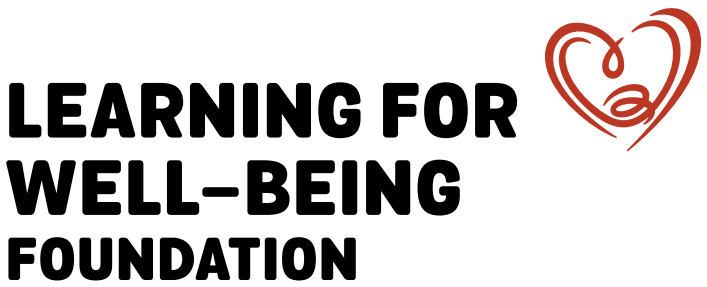In 2016, the then Director General of Education in the European Commission invited select civil society organisations to provide policymakers with inspiring stories that would illustrate that educational systems in Europe can change for the better.
The Learning for Well-being Foundation partnered with two like-minded organisations, the European Council of Steiner Waldorf Education (ECSWE) and the Hungarian Waldorf Federation, in an Erasmus+ project which collected stories from classrooms and schools across Europe demonstrating alternatives to the exam factory. Twenty inspiring practices from twelve European countries were found, and no doubt there are many more being developed by creative teachers who care about their pupils.
These practices are presented within the storyline of how children evolve as learners, starting with the young child entering school, later moving from primary school through secondary school, and confidently stepping into the wider world. This is a story of personal and collective learning journeys and not about schools as factory production lines.
Now that the book is available, how do we encourage policymakers and other key actors to learn from these inspiring stories?
The inspiring assessment practices share essential features:
- Pupils are addressed as whole individuals and not as machines for learning.
- The unique potential of each pupil is nurtured in terms of different inner patterns of learning.
- Warm relationships and lively learning processes are the focus rather than the outcomes from testing.
- A pupil’s learning journey is nested in the learning journeys of everyone within the school community.
- Assessment is incorporated as a support to learning, and not a means to ‘select’ pupils through exams.
- The emphasis is on ‘measuring what matters’ in pupils’ learning and not only through grades.
These practices nurture core capacities for living and learning – such as relaxing, listening, observing, inquiring, sensing, embodying, empathising, reflecting and discerning patterns – both among pupils and teachers.
There is hope for rethinking assessment beyond the exam factory –the twenty inspiring practices demonstrate that teachers and school leaders are already busy innovating with creative and sensitive assessment approaches.
How can we foster such innovative assessment practices within classrooms and schools?How can we influence policymakers to nurture such innovation?
Download the book here.
Visit the Assessment as Dialogue website!


